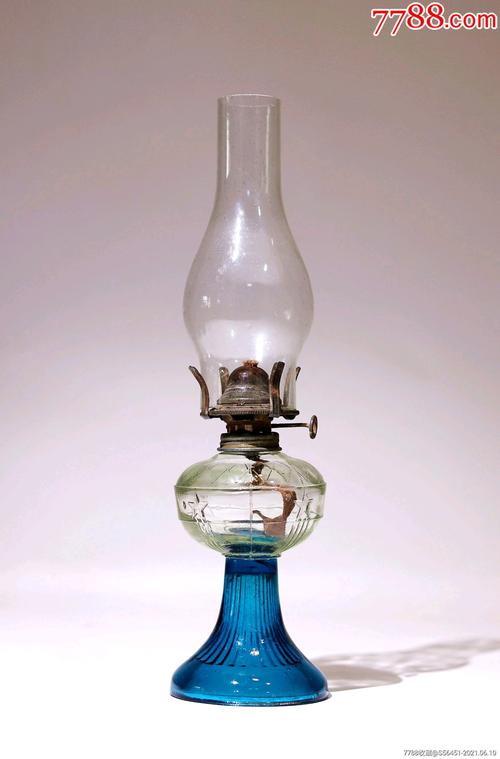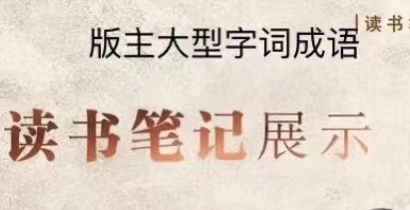Both of us lived in the small mill room of the production team and slept on a rope bed, the frame of which was made by a carpenter with holes in both of the parallel bed bars, between which ropes were knitted, forming a net. Zhang was not afraid of trouble, nor did she fear smoking and her squat skill was more advantageous than mine, so the work around the mud stove was undertaken by her. I was in charge of washing and cutting the meat and vegetable. When I was looking at her, who was just like a village lady with a towel on head, I didn’t feel well and did feel ashamed. Sometimes I wanted to replace her hypocritically and was always refused. It was too inconvenient to cook, but the meals were rather good. Because I used to be a committee member of the student union of the department in charge of life, and often worked in the kitchen. In NJU, when we went to the countryside to help peasants during the busy farm season, I often worked as a cook. Therefore, I had learned some skills of cooking, such as steaming baozi (dumpling) of the raised flour, making noodles manually and etc, making our main meals various. On market day we went to buy some fresh vegetables and meat, the price of which was not high. Pork, 0.72 yuan per jin (half kilogram); mutton and cockerel (absolutely free range), 0.50 yuan; eggs, 0.69yuan; fish and shrimp(wild), 0.50 yuan. In addition, the production team provided us with fuel and the team leader asked someone to send us flour of miscellaneous grains and sweet potatoes periodically. As a result, we spent only 20 yuan a month on meals.
We came to the spring of 1971 and began to think of the future. We thought that we could not always be peasants with every month pay. One day we went to the education office of the county and found the chief head, asking what we would do after the re-education. The head told us that we should get ready to be teachers in the middle school. We said that our major was German and what we could teach in the middle school. He said that we had basic knowledge learned during the senior middle school and we could teach what we liked. He added we could change the specialty and teach English. Now in the school some teachers who used to teach Russian began to teach English.
Both of us didn’t hesitate at all and decided to study English. Now we were in the countryside and had a lot of spare time. We should begin as early as possible in order that we could undertake the task of teaching English as soon as we began to work in the middle school. We found Zhang’s classmate in the senior middle school, Tinghai Ren, whose major was English and graduated from Shandong University. He was also receiving re-education and lived in the Xuzhuang Commune nearer to the railway stop I mentioned above. Ren was very warm-hearted and taught us 26 English letters and 48 English sounds. Comparing with the sounds of Russian, German and Pinyin, we found that only several of them we had to remember and pay attention to pronounce them: single vowels [æ], [i], [e], [ə:]; duplicate vowels [ɛə] and consonants [dʒ], [ʃ], [tr], [dr], [tʃ]. The other sounds were easy for us and the initiating teacher was satisfied with our pronunciation. Later we managed to find English text books in the middle school and studied in Meilan mother’s home. We asked Ren to coach us two afternoons. He read the texts for us to listen to, letting us feel the continuity of English. As for the English grammar, we were able to teach ourselves. Tinghai Ren was our English teacher and the unique one as well. We have never had any chance to receive further English education and depended completely on teaching ourselves, making continuous progress without stop.
In that age, there were only a few English pamphlets of Zedong Mao in the bookstore. I had no choice but to buy “Yugong removed the mountain”, “In memory of Dr. Bethune” and “Serving the people” of Mao and began to read. Later we managed to get some issues of Beijing Review (weekly magazine). Lack of studying material, we could not study English in an orderly way but directly read articles, and tried to understand the grammar and the meaning. We recited some phrases and sentences by reading articles. No radio or recorder, we were always doubt whether we could read with correct pronunciation and intonation. We had to insist in reading and remembering according to the sounds we kept in mind. Every evening or night we wrote the phonetics close to the new words and tried hard to understand the relative paragraph in the light given by the kerosene lamp with a glass cover, getting ready for reading aloud in the next early morning. We kept doing so every day without interruption. The study caused us to feel substantial, meaningful and progressive. We didn’t waste this period of time and the harvest was ideal. The life of the student was ended and we have formed the good habit of teaching ourselves since then. But we had no confidence in what kind of degree we could reach. In school, tests were carried out and scores could tell what kind of position you were in the class. You could receive systematical training, and make progress gradually and steadily, called regular professional training, which had a high vocational reputation. When could we catch up with those who graduated from the English major? They were also advancing rather stopping. What we believed in was no pain no gain and we didn’t think of anything else, being somewhat muddleheaded.

Teaching Ourselves English in kerosene lamp
Dec. 13. 2008 in Melbourne
Proofreading Feb. 5, 2012, in Chicago









